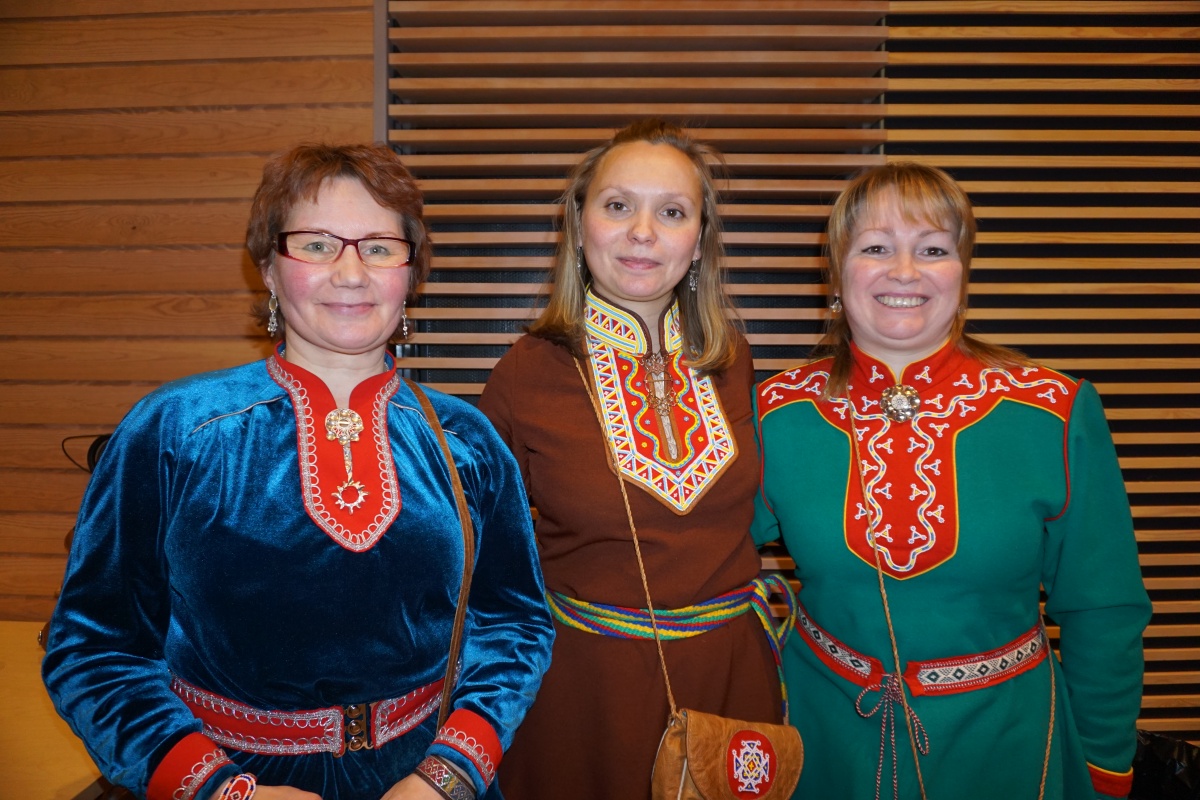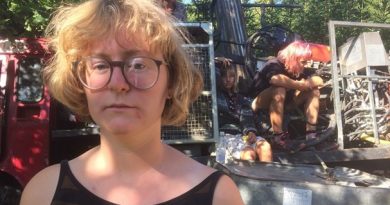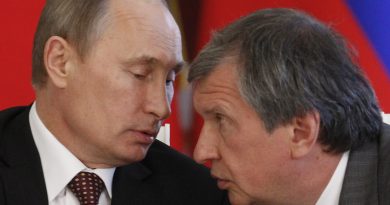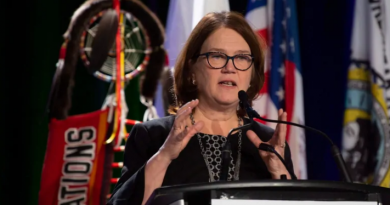Russia to give indigenous peoples priority in Barents chairmanship

“We are in dialogue, not confrontation,” says Aleksandr Zelenov from the Foreign Ministry in Moscow. A regional indigenous peoples summit are in pipe.
More than 50 indigenous peoples politicians and parliamentarians from Norway, Russia, Finland and Sweden gather in Tromsø this week for the 3rd Barents Indigenous Peoples’ Congress.
Sami, Nenets and Veps are the three officially recognized indigenous peoples living in the Barents Region.
“This Third Barents Indigenous Peoples Congress is a tangible manifestation of this successful cooperation, which the Norwegian government wholeheartedly supports. We are therefore very pleased that the four countries of the Barents Region have now agreed to provide regular financing for the Working Group of Indigenous Peoples,” said State Secretary Morten Høglund with the Norwegian Foreign Ministry in his speech at the congress.
Each of the four Barents countries will add some $10.000 into the budget financing the Barents cooperation’s Indigenous Peoples’ Working Group.
“This Third Barents Indigenous Peoples Congress is a tangible manifestation of this successful cooperation, which the Norwegian government wholeheartedly supports. We are therefore very pleased that the four countries of the Barents Region have now agreed to provide regular financing for the Working Group of Indigenous Peoples,” Morten Høglund says.
Norway concerned
Not all, however, is rosy according to Høglund. He points to the incident reported byBarentsObserver last year when Russia’s Kola Sami activist Valentina Sovkina was harrazed on her way from Lovozero on Russia’s Kola Peninsula to the UN World Conferance on Indigenous peoples in New York.
Law enforcement officers did several attempt on hindering Sovkina from leaving Russia, including holding her passport, stopping her car in a series of traffic controls and cutting up her driver’s car tires. Sovkina was not the only Indigenous Peoples representative that were harrazed on their way out of Russia for participating at the UN Conference.
”Norway is concerned that genuine activists seem to be marginalised. We strongly encourage Russian authorities to ensure conditions under which civil society organisations, including indigenous peoples’ organisations, and activists can operate freely, both at home and abroad,” Høglund says pointing to the Sovkina case from last autumn:
“We also hope that incidents like those in September last year, when a number of indigenous peoples’ representatives where hampered and harassed on their way to the World Conference on Indigenous Peoples in New York, will not be repeated.”
Triggers criminal case
In response to Morten Høglund’s speech, Russia’s Foreign Ministry representative at the Congress in Tromsø, Aleksandr Zelenov, said indigenous peoples isssue is a natural priority for Russia.
“Regarding what happened with Sovkina and others; we have done an important job by investigating it. This investigation will be sent to the UN Human Right Council. Criminal cases are initiated,” Zelenov says.
Summit
He could also inform the audience in Tromsø that Russia will, when taking over the chair of the Barents Euro-Arctic Council, organize a regional indigenous peoples summit.
“We are interested in dialogue, not confrontation, Aleksandr Zelenov stated.
Russia will chair the Barents Euro-Arctic Council from autumn 2015 to 2017. Nothing was said about where in Barents Russia such summit will take place.
Anja Kristine Salo contributed to this report.
Related stories from around the North:
Canada: Arctic Council – The evolving role of regions in Arctic governance, Blog by Heather Exner-Pirot
Finland: Finnish Sámi join UN Forum on indigenous issues, Yle News
Greenland: What the EU seal ban has meant for Inuit communities in the Arctic, Eye on the Arctic
Iceland: Iceland conference draws on hopes, concerns for changing Arctic, Alaska Dispatch
Norway: Alarming situation for indigenous peoples in Russia, Barents Observer
Russia: Sami leader harassed by police on way to UN conferance, Barents Observer
Sweden: UN report critical of Sweden’s treatment of the Sami, Radio Sweden
United States: Alaska administration wants better relationship with tribal governments, Alaska Dispatch News



